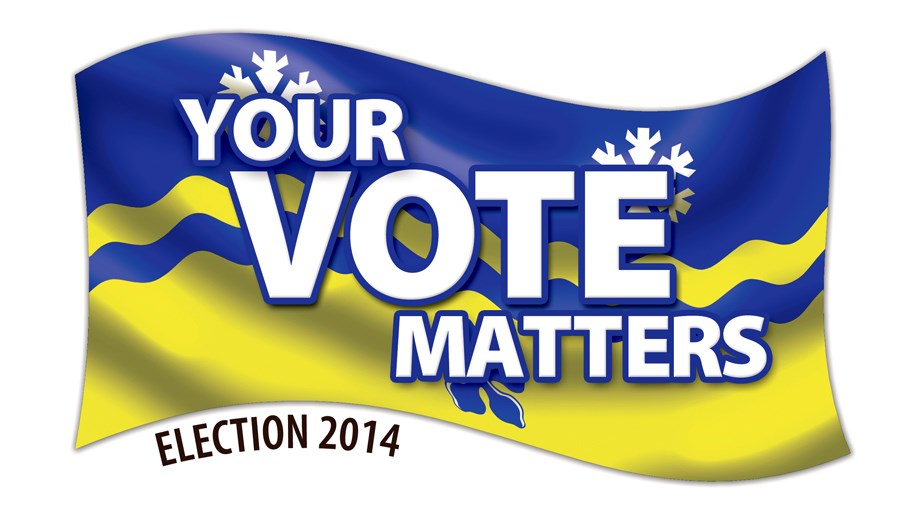While Raise A Reader Day in Prince George on Wednesday put the focus on improving literacy, particularly with young people, it's important to recognize there are various kinds of literacy. Heading into a municipal election in less than two months, civic literacy is critical.
Understanding why voting is an important act for all citizens in a free democracy and how to choose from those who seek to be representatives at the various levels of government are the necessary ingredients for a literate voter.
Sadly, there are no civics classes in school anymore because it's been rolled into the broader social studies curriculum. As a result, many young people graduate from high school with little knowledge of government and its role in society. In other words, they aren't taught the value of voting in something more important than the next winner of The Voice or Dancing With The Stars.
That reality has led some to argue that society is better off having the willfully ignorant staying well away from the polling stations. From that perspective, on November 15, many eligible voters should spend their Saturday going Christmas shopping instead of choosing who they would like to be mayor, city councillor, regional district representative and school board trustee. Tyranny and darkness lie down that path. Everyone, even politically unsophisticated residents, has an opinion on how society should operate and voicing those opinions should not be the exclusive domain of those who can name every member of city council and explain in detail how bylaws are passed.
In the end, civic literacy is no different than any other literacy in that it requires education and a willingness to learn. Engaging citizens on municipal politics requires informing them how local laws affect them directly. Take, for example, the Prince George bylaw on storage for RVs and trailers.
As Charelle Evelyn's story in last Friday's Citizen points out, residents cannot leave an RV or trailer that is more than 20 feet long (6.1 m) parked in their driveway or on a residential street for longer than 24 hours. The fine is $25 for street parking and $200 for the driveway and it can be a daily fine, explained bylaw services manager Fred Crittenden.
Take a walk through most Prince George residential neighbourhoods and there are huge motorhomes, fifth-wheels and trailers easily found in numerous driveways. Other than going out for a few months over the summer months, their permanent home is the driveway. If the city wanted to raise some serious cash quickly, bylaw officers could issue tens of thousands of dollars in tickets across the city in a single day.
The city, however, won't do that. Crittenden said enforcement of the RV parking bylaw (only one per property and it must be parked in the backyard for long-term storage) is complaint driven. In other words, if it's OK with the neighbours, there's no problem but someone that wants to get even with the family two doors down simply has to fink to city hall to enact some cold revenge.
The merits of such a law in Prince George are debatable, particularly for the owners of RVs and trailers who don't factor in winter storage fees into their annual operating costs. Perhaps the bigger issue is that most of the city's bylaws are only enforced after a complaint, which means that while the law on one street or one neighbourhood is enforced, the rest are ignored.
Think the RV parking bylaw should be changed, reverse or actively enforced? The answer is a good reason to vote and there's plenty more where that came from.



